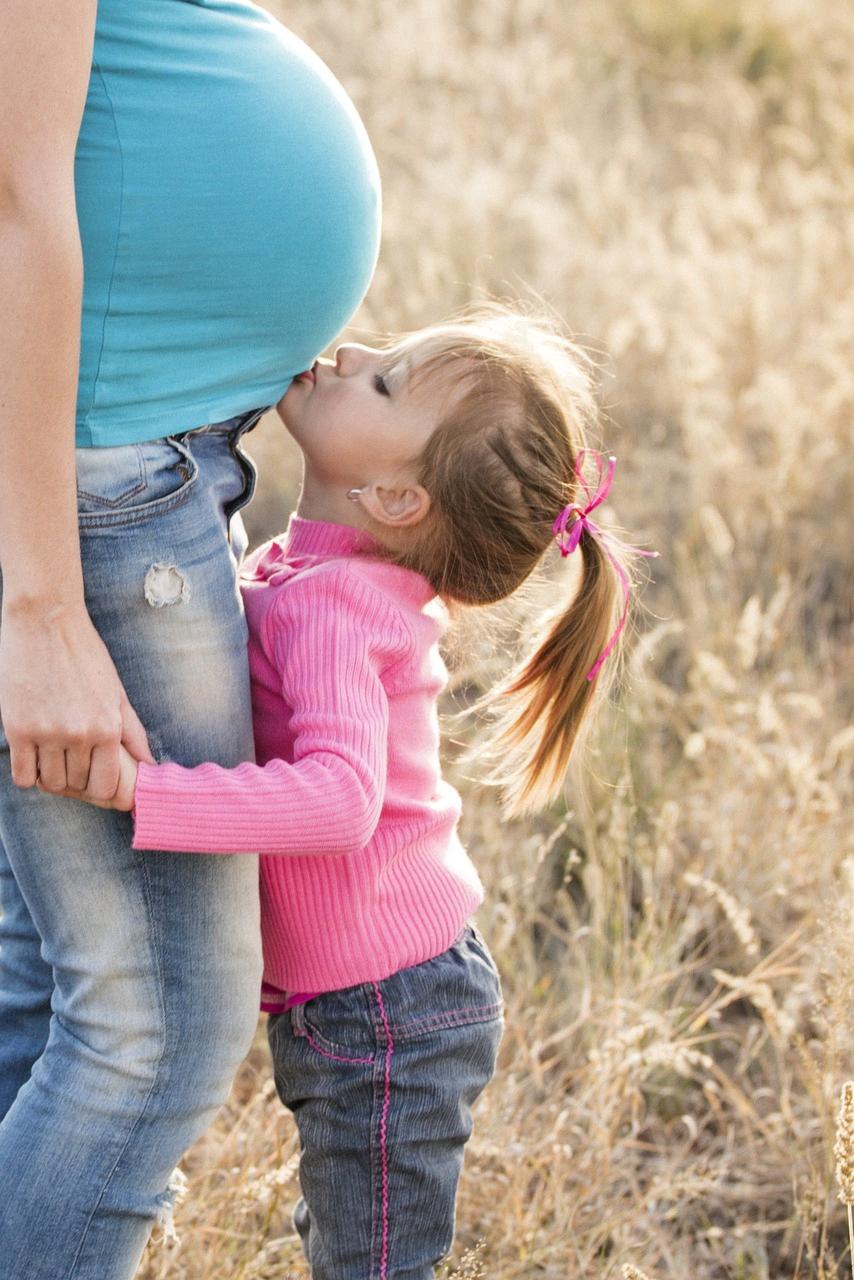When a woman experiences changes in her menstrual cycle, such as a missed period or irregular periods, it can lead to confusion about whether she is going through menopause or if she might be pregnant. Both menopause and pregnancy can bring about changes in a woman’s body that may seem similar, but there are distinct differences between the two.
Missed Periods and Pregnancy
A missed period is often the first sign that prompts women to consider the possibility of pregnancy. When a fertilized egg attaches to the uterine lining, it stops the menstrual cycle, leading to a missed period. Other early signs of pregnancy may include nausea, breast tenderness, and fatigue.
Irregular Periods and Menopause
On the other hand, irregular periods are a common symptom of menopause. As a woman’s reproductive hormones fluctuate during perimenopause, her menstrual cycle may become irregular. Menopause is confirmed when a woman has not had a period for 12 consecutive months.
Signs of Menopause
In addition to irregular periods, menopausal women may experience hot flashes, night sweats, mood swings, and vaginal dryness. These symptoms are a result of hormonal changes as a woman’s body transitions out of the reproductive phase of life.
Signs of Pregnancy
Aside from a missed period, pregnancy symptoms can vary widely among women. Some may experience morning sickness, frequent urination, food cravings, and increased sensitivity to smells. One of the most reliable ways to confirm pregnancy is through a pregnancy test.
Consulting a Healthcare Provider
If you are unsure whether your symptoms point to pregnancy or menopause, it is essential to consult with a healthcare provider. A doctor can perform tests to determine if you are pregnant or undergoing menopause based on your symptoms and medical history.
Age and Reproductive Status
Age can also play a significant role in differentiating between menopause and pregnancy. Women typically reach menopause in their late 40s to early 50s, while pregnancy is more common in women of childbearing age. Understanding your reproductive status can help in identifying the cause of your symptoms.
Family Planning and Fertility
If you are trying to conceive and suspect you may be pregnant, taking a pregnancy test can provide clarity. Similarly, if you are nearing the end of your reproductive years and are not planning for pregnancy, discussing menopausal symptoms with your doctor can help manage the transition.
Lifestyle and Hormonal Changes
Changes in lifestyle, such as stress, diet, or exercise, can also impact your menstrual cycle. Hormonal fluctuations due to factors like weight loss or gain can influence your periods as well. Monitoring these changes can give insights into the potential cause of irregular periods.
Coping with Symptoms
Regardless of whether you are experiencing symptoms of menopause or pregnancy, it’s essential to take care of your overall well-being. Engaging in self-care practices, seeking support from loved ones, and staying informed about your health can help you navigate through this phase of life.
Seeking Professional Guidance
If you are uncertain about the changes happening in your body and how they relate to menopause or pregnancy, don’t hesitate to reach out to a healthcare professional. They can provide personalized guidance and support to address your specific concerns and ensure your health and well-being.
Conclusion
In conclusion, understanding the differences between menopause and pregnancy symptoms can help you make informed decisions about your reproductive health. By recognizing the unique signs associated with each condition and seeking appropriate medical advice, you can navigate through these transitions with confidence and clarity.

